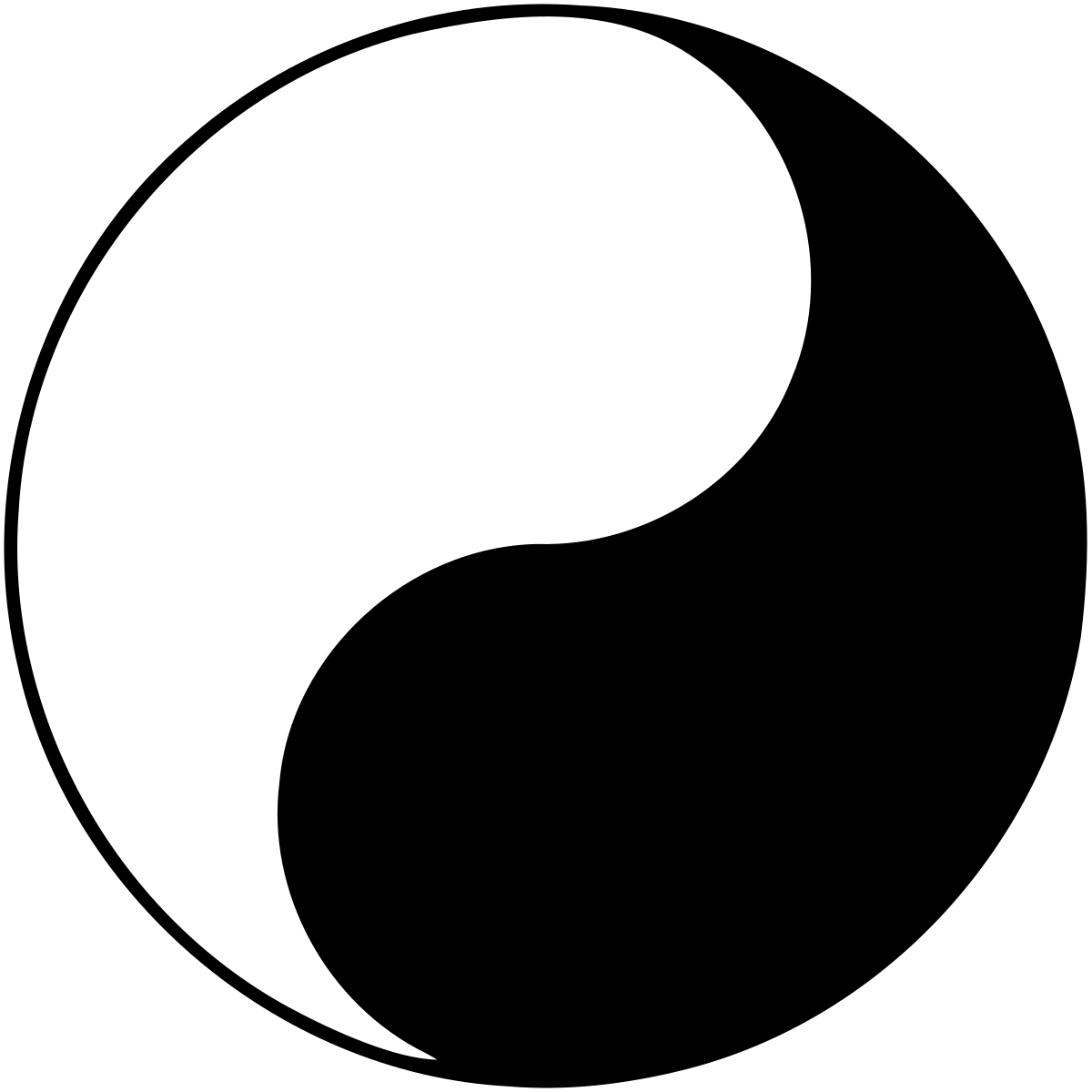I'm glad you asked this. I think when I asked about base 1, they directed me here.
Unary numeral system - Wikipedia
Base (mathematics) - Simple English Wikipedia, the free encyclopedia
"For example, in this system the number 0 (zero) would be represented as the
empty string, i.e. the absence of symbols, and the numbers 1, 2, 3, 4, 5, 6... would be represented as: (basically nothing but ones)." They go on to say that this is basically a tally.
So, in essence, base 1 must be 1 (something), while base 2 is 1 (something) and 0 (nothing).
Therefore, base 0 means only nothing exists. Your math teacher may define it differently, but I define the bases as:
(non-zero numbers>1; if true 1; else false 0) x 0 = Base 0 (that is, ONLY zero)
(non-zero numbers>1; if true 1; else false 0) x 1 = Base 1 (that is, ONLY nonzero)
(non-zero numbers>1; if true 1; else false 0) x (nonzero +1) = Base 2 (0,1), Base 10 (0, 1 to 9), Base 16 (0, 1 to 15)
The teacher may say otherwise, but according to the fact that I am multiplying by 0, having no nonzero numbers makes it base zero.

